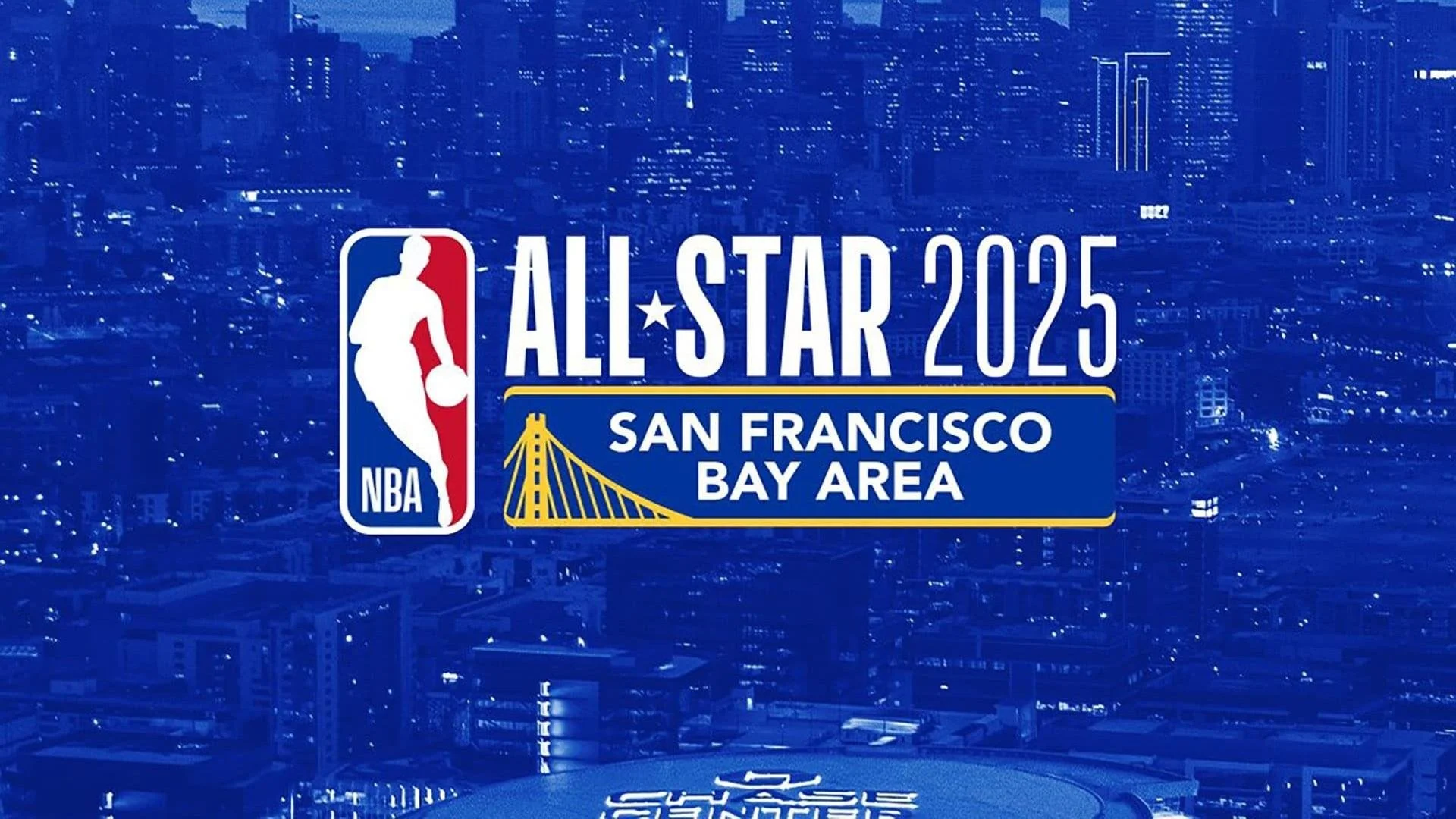The AllStar Problem
The NBA All-Star starters and reserves were announced, and I have a big problem with them. One could argue that Trae Young should have been named an All-Star, but I don’t have much of an opinion on that. I do, however, have a strong opinion on the All-Star starters because I definitely don’t think that Stephen Curry or LeBron James should be starting. Did that statement seem insane to you? Five years ago—or even two years ago—you might have thought I was ridiculously stupid. But I’m not. Just let me explain myself.
The Western Conference All-Star starters include Stephen Curry, Shai Gilgeous-Alexander, Nikola Jokic, Kevin Durant, and LeBron James. In any other year, this would seem completely reasonable, but right now, it doesn’t make sense. Stephen Curry is currently averaging 22.3 points per game on 44% shooting from the field and 40.5% from beyond the arc. These aren’t bad numbers, but they don’t feel like All-Star starter numbers. This becomes even more apparent when you consider that the Golden State Warriors are 11th in the Western Conference with a 24-23 record. That’s 47 games of basketball, and Curry has only played in 38 of them this season. This number looked even worse a couple of weeks ago, but I won’t bother explaining that right now.
The point is that Curry shouldn’t be starting—especially when there’s a player backing him up who is averaging 26.4 points per game while shooting the best percentage from three-point range of his career. This same player has also played in more games than Curry (47 games) and is leading a team with a better record than Curry’s Warriors (even though you could argue that Curry has a better-supporting cast). That player is Anthony Edwards.
And that’s just Curry’s case for why he shouldn’t be an All-Star starter. (Hell, I could argue that Kyrie Irving or De’Aaron Fox deserve to be All-Stars over Curry, and they weren’t even named All-Stars this season.) Jeez. And this is just the Stephen Curry problem.
LeBron’s situation is a little trickier. He has played in more games this season than Curry and has been better overall. The Lakers also have a better record than the Warriors. However, LeBron isn’t even the best player on his team this season. That title belongs to Anthony Davis, who was named an All-Star reserve despite averaging more points than LeBron (25.7 to 23.8), grabbing more rebounds (11.9 to 7.6), and shooting more efficiently from the field (52.8% to 51.3%). On top of that, Davis has also been a much better defender than LeBron this season.
And it’s not just Davis who should start over LeBron—Victor Wembanyama deserves consideration too. But the argument I’m making is part of a larger problem about the NBA and its inability to properly market itself and its players. The league is still holding onto the biggest stars of the 2010s, and I get it—they are legends. But both the NBA and its fans need to accept that Father Time is catching up to them. That doesn’t mean we need to cling to these fading stars for dear life. The NBA needs to promote the next generation of players.
Take Paolo Banchero, for example. Up until this season, the former No. 1 overall pick had played in just one nationally televised game in his career—and that was only because they were honoring Shaquille O'Neal, not because of the Orlando Magic. Why does a former No. 1 pick, who has already proven himself to be one of the best young stars in the league and plays for one of the best young teams, have to wait until his third season to be on primetime?? And the NBA wonders why its ratings are dropping.
Yes, part of it is due to bad basketball and poor officiating, but another part of the problem is that the NBA refuses to showcase teams that are actually good right now. The Cleveland Cavaliers and the Oklahoma City Thunder are two of the best teams in the league, yet no one seems to care—because no one hears about them. The NBA has continued to prioritize the Warriors and Lakers, sticking with Curry and LeBron. Sometimes, that works, like on Christmas Day, but at the same time, these all-time greats won’t be around forever. The NBA needs to recognize that an older generation of players is stepping away, and a new one has arrived.
Unfortunately, the NBA knows the All-Star Game won’t sell as well if its two megastars aren’t starting. But whose fault is that? It’s the NBA’s fault.
Market your young stars. Better yet, market entire teams instead of just a few superstars. Recognize the younger generation of talent, and accept that the older generation is fading. There is no reason why I should find the NBA All-Star Game laughable (besides the quality of play, but that’s a blog post for another time), yet here we are. I get that Kobe Bryant started in his last All-Star Game, but that was in his announced retirement season. Curry and LeBron still have one or two seasons left in them—start them then.
To wrap this up, the takeaway from this long, chaotic rant of mine is this: the NBA has a problem, and it is finally starting to rear its ugly head. The league is still overly attached to the stars of old, and if that doesn’t change, the ratings will continue to suffer. It’s sad to say, but the NBA can no longer rely on the stars of the past.
